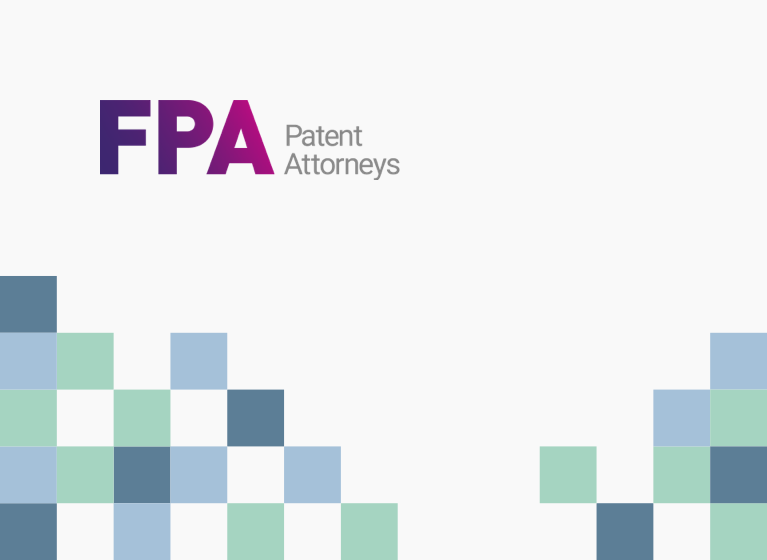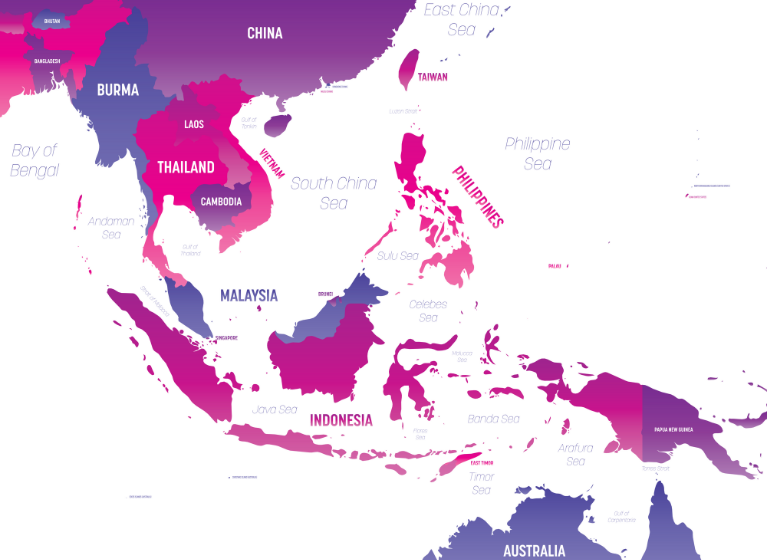Filing to grant
The government agency responsible for grant of patent rights in India is the Indian Patent Office.
| Key prosecution event | Deadline |
|---|---|
| Paris Convention filing | 12 months from earliest claimed priority |
| PCT national phase entry | 31 months from earliest claimed priority |
| Substantive examination request | 48 months from earliest claimed priority |
| Divisional application | At any time before parent application is withdrawn, abandoned or granted |
Indian national phase entry
Indian national phase applications must be filed by 31 months from the earliest claimed priority date. This time limit is non-extendible. An Appointment of Agent form and details of the applicant’s right to apply (if applicant is not the inventor) is required after filing.
Indian Convention applications
An Indian Convention application can be validly filed within 12 months from filing a priority application filed according to the Paris Convention for Protection of Industrial Property.
Examination and acceptance of Indian patent application
An IPO examiner checks if the application satisfies the formal requirements needed for the grant of a filing date. The applicant will be given a defined period by the IPO to remedy any deficiencies with the application.
A request for substantive examination must be filed within 48 months from the earliest priority date. Expedited examination is available when the applicant is a start-up or small entity.
The patent application is examined for novelty (absolute), inventive step, patentable subject matter and industrial application.
The following subject matter is not patentable:
- an invention which is frivolous or which claims anything obviously contrary to well established natural laws;
- an invention the primary or intended use or commercial exploitation of which could be contrary to public order or morality or which causes serious prejudice to human, animal or plant life or health or to the environment;
- the mere discovery of scientific principle or the formulation of an abstract theory or discovery of any living thing or non-living substance occurring in nature;
- the mere discovery of a new form of a known substance which does not result in enhancement of the known efficacy of that substance or the mere discovery of any new property or new use for a known substance or of the mere use of a known process, machine or apparatus unless such known process results in a new product or employs at least one new reactant;
- a substance obtained by mere admixture resulting only in the aggregation of the properties of the components thereof or a process for producing such substance;
- the mere arrangement or re-arrangement or duplication of known devices each functioning independently of one another in a known way;
- a method of agriculture or horticulture;
- any process for medicinal, surgical, curative, prophylactic (diagnostic, therapeutic) or other treatment of human beings or any process for a similar treatment of animals to render them free of disease or to increase their economic value or that of their products;
- plants and animals in whole or any part thereof other than microorganisms but including seeds, varieties and species and essentially biological processes for production or propagation of plants and animals;
- a mathematical or business method or a computer program per se or algorithms;
- a literary, dramatic, musical or artistic work or any other aesthetic creation whatsoever including cinematographic works and television productions;
- a mere scheme or rule or method of performing mental act or method of playing game;
- a presentation of information;
- topography of integrated circuits;
- an invention which, in effect, is traditional knowledge or which is an aggregation or duplication of known properties of traditionally known component or components;
- inventions relating to atomic energy.
An applicant has 6 months from the issuance date of the First Examination Report (FER) to file a response. The time for reply may be extended by 3 months. In some cases, the FER is followed by an oral hearing, which is similar to an examiner interview to resolve further objections after filing a response to the FER. It is compulsory to attend the oral hearing and to subsequently file written submissions.
Divisional applications
Indian divisional applications must be filed before the parent application is withdrawn or granted. Practically speaking, divisional applications are only available if the parent lacks unity.
Micro-organisms
India is a signatory to the Budapest Treaty on the International Recognition of the Deposit of Micro-organisms for the Purposes of Patent Procedure. The deposit must be made before filing the application. If the depository institution and the file number of the culture deposit are not stated in the application at the time of filing the application, this information must be submitted within 2 months from a request by the examiner. The application will not be published until this information is submitted.
Oppositions
Any person can file a pre-grant opposition at the IPO in order to challenge the grant of the application, any time after the publication of the application but before the grant of the patent.
Pharmaceuticals
There is no patent term extension available in India.
There are no data protection provisions in India.

